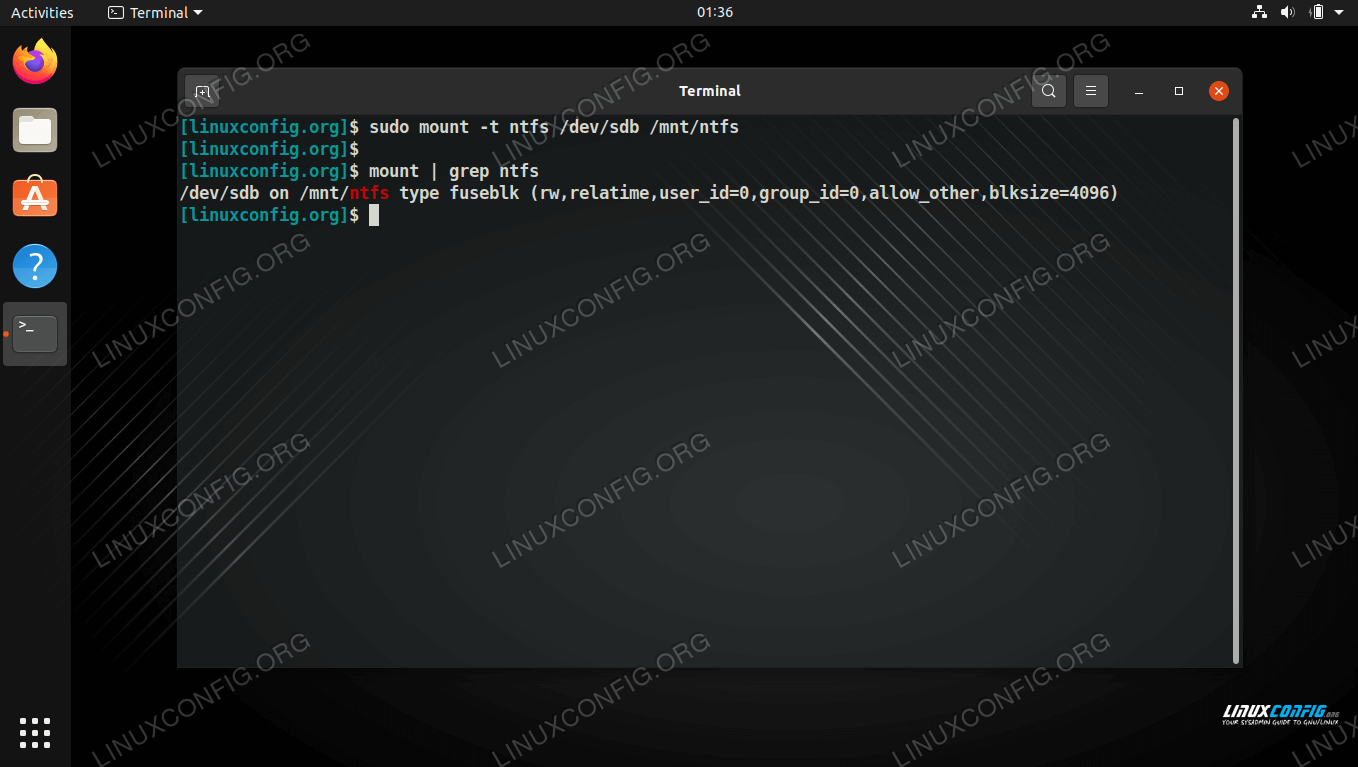

- #FIND CORRUPTED FILES USING GREP HOW TO#
- #FIND CORRUPTED FILES USING GREP ARCHIVE#
- #FIND CORRUPTED FILES USING GREP FULL#
- #FIND CORRUPTED FILES USING GREP PC#
But, mind you, don’t quote me on that since I am not an expert on compression algorithms. I believe it is most efficient in compressing text since it works by grouping characters that appear frequently together. I won’t go into much more detail on the algorithm, but there is some information on Wikipedia about it if you really want to know more about it. It was originally released in 1996 by Julian Seward.īzip2 uses an algorithm called the Burrows-Wheeler transform. What are bz2 files?īzip2 is a compression format that is said to be considerably more efficient than many other compression algorithms. There is more you can do to work with bzip2 files. Bzgrep extracts the the file and feeds it directly to grep. To grep a file just do “bzgrep pattern filename.bz2”.

#FIND CORRUPTED FILES USING GREP HOW TO#
How to grep bz2 files: The bzip2 package has a binary called bzgrep which does exactly that. Of course there was, but it took a little bit of searching to find it, so I decided to research this a little better and write some information about how to work with these files.
#FIND CORRUPTED FILES USING GREP ARCHIVE#
I knew there had to be a tool to grep bz2 files like there is for some other archive formats. Extracting all the files and seemed like such a waste of time and space.
#FIND CORRUPTED FILES USING GREP FULL#
I know, you may use other ways, maybe find, but I like this method, and use it a lot, just like the advanced search function in Gmail :).I was working on a project today where I had a directory full of bz2 files that I needed to search. home/user/post/how-to-change-the-priority-of-Linux-processes.txt home/user/post/interview-raphael-hertzog.txt home/user/post/how-to-setup-dns-bind-master-slave-linux.txt home/user/post/how-to-debug-bash-shell-scripts.txt The output will be: /home/user/post/monthy-newsletter.txt grep -riIl "introduction" /home/user/post/ The output now is: /home/user/post/monthy-newsletter.txt:#Introduction#įinally, I just want the file names, and not the sentences where the sentence or word appears. home/user/post/how-to-change-the-priority-of-Linux-processes.txt:#Introduction#Īs you can see there are some binary files, also scanned, if we want to avoid that: grep -riI "introduction" /home/user/post/ home/user/post/four-years-with-debian-testing.txt:#Introduction#īinary file /home/user/post/. matches home/user/post/interview-raphael-hertzog.txt:I also have plans for bigger changes concerning Debian, and among them is the introduction of Debian Rolling, a distribution similar to testing but with some design choices to make it more usable at any point in time. home/user/post/how-to-setup-dns-bind-master-slave-linux.txt:#Introduction home/user/post/how-to-debug-bash-shell-scripts.txt:#Introduction# home/user/post/monthy-newsletter.txt:I'm no expert in MySQL, but anyway I have written three introduction-type MySQL posts, something we all need to know to start, and The output is: /home/user/post/monthy-newsletter.txt:#Introduction#
#FIND CORRUPTED FILES USING GREP PC#
Let's see an example of the output in my PC grep -ri "Introduction" /home/user/post/ grep -r "sentence to look for" /home/user/docs/

Well, let's suppose you have a lot of sub-folders, and you do not remember where your file is. grep -i "sentence to look for" /home/user/docs/ Now, let's suppose you do not know if the sentence was in uppercase or in lowercase, so ask grep to ignore case. grep "sentence to look for" /home/user/docs/ Look for a document, containing a given stringįirst the easy case, you know the exact sentence, you are looking for, and you at least remember the folder where the file is. If you are using Linux, you have grep to help on this job. Now, thanks to computers this is easier now, than it was in our parents' days. How to find it?, well do a search of all your documents, looking for that word or words or sentence, in other words, look for a string or strings. Sometimes you remember a phrase or a given word or words, you put in a document, but you do not remember the name of the document. Look for a string, word, or sentence in a file with Linux grep command, recursively


 0 kommentar(er)
0 kommentar(er)
